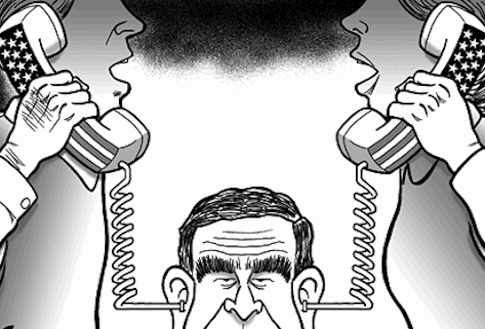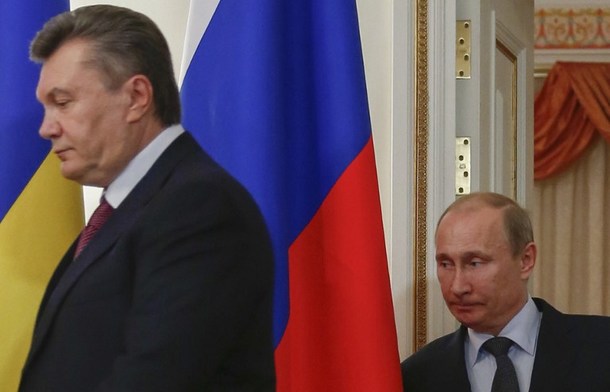There has been a lot of media attention recently towards the United States’ controversial information gathering tactics. From the Snowden Saga to recent claims that the US has been keeping a little too close of an eye on their allies, recent discussions have been focused on whether or not the UN will take a role in resolving the debate. This article will briefly look at some of the recent events that have made the issue of international spying an immediate concern among NATO partners and whether or not the US is able to justify its actions.
During the past week, evidence that the United States has been spying on Angela Merkel through her personal cell phone has disturbed the relationships between the nation and many of its European allies. Merkel responded immediately and directly to the President, saying that the US has committed a breach of trust in their ally-ship and reinforced her disapproval and intolerance towards espionage activity between allied nations. Many other European nations echo these sentiments, believing that spying is not an act that should be permitted to occur between friends, but rather indicates that there is some degree of mistrust in the relationship over which to be concerned.
Europe and the rest of the world are well-aware of the United States’ ongoing concern over terrorist activities. But to what extent can the US use this excuse to justify spying on their allies in the EU? This concern relates very little to Chancellor Merkel. One speculation is that talk of the potential coalition between Merkel’s Christian Democrats and the Social Democratic Party may be a possible motive behind the United States’ actions. While the coalition could impact Germany’s support of the NATO mission in Afghanistan, it is difficult to believe that this reason could be a valid excuse for intercepting Germany’s private government communications.
Further to this, many other incidents of the National Security Agency keeping tabs on foreign leaders have been brought to attention lately. President Dilma Roussef of Brazil and Mexican President Pena Nieto have also made similar claims that the US has a long history of hacking their confidential government emails. France also has also voiced similar concerns.
The US has made various agreements with its allies regarding the acceptability of spying between governments. For example, Great Britain and the United States have a full agreement preventing espionage, while no agreement has been reached between the nation and France. The recent actions have motivated European nations to be more adamant in calling for a “no-spy” agreement and have also been pushing for UN involvement in the matter.
Regardless of whether spying on allies can be considered right or wrong, relations between the two powerful nations are now on uncertain grounds.




